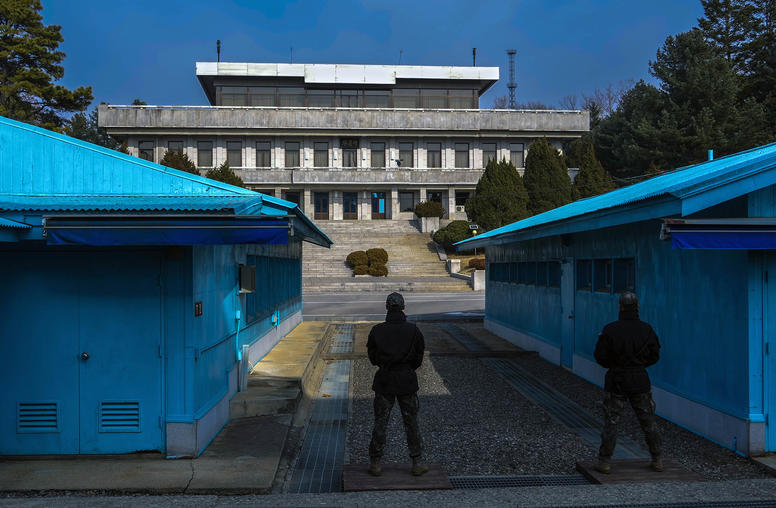Hungry for Peace
International Security, Humanitarian Assistance, and Social Change in North Koreah
This revealing and challenging study of the impact of famine on North Korea not only significantly enlarges our understanding of that hermetic country but also urges us to reassess how we deal with it.
This revealing and challenging study of the impact of famine on North Korea not only significantly enlarges our understanding of that hermetic country but also urges us to reassess how we deal with it.
Drawing on impressive scholarship and extensive firsthand knowledge of humanitarian relief efforts in North Korea, Hazel Smith provides an eye-opening account of the famine that devastated the country in the 1990s and of the international rescue program that Pyongyang requested and received. Together, she explains, the famine and the humanitarian response have wrought subtle but profound changes in North Korea's economy, society, and security outlook. She makes a compelling argument that the regime has been prodded into accepting some international norms, allowed markets to develop, and has included some human security concerns alongside military-political interests in its negotiations with the West.
The famine and its consequences, the author contends, have made North Korea much more "knowable" and predictable than most Western experts choose to believe. Treating North Korea as a rational actor, albeit one with an idiosyncratic mindset, will enhance long-term regional peace and cooperation; isolating and demonizing it will only perpetuate the anxieties that fuel Pyongyang's belligerence.
About the Author
Hazel Smith is professor of international relations at the University of Warwick in England. She has traveled widely in North Korea in her capacity as a consultant and program adviser to UN agencies and private humanitarian organizations. She was a senior fellow at the United States Institute of Peace during 2001–2002.



